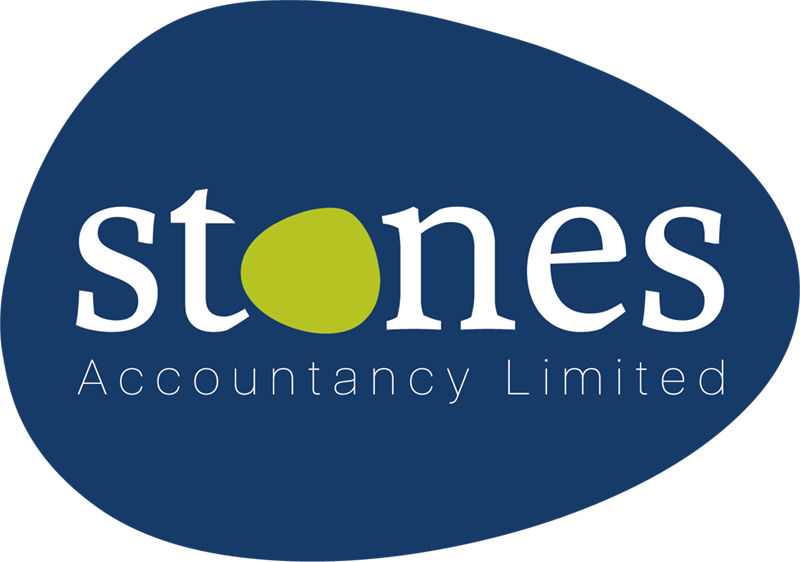Maintaining accurate and up-to-date records is a crucial part of running a Limited Company. But how long should you keep those records? The answer may surprise you.
In the UK, Limited Companies are required by law to keep certain types of records for specific periods of time. Currently, HMRC requires businesses to keep financial & VAT records for six years! (This is different for payroll, look out for our blog on keeping payroll records)

Limited Company accounting records should be kept for 6 years
This means that if your accounting period ended on the 1st of November 2022 you will need to have access to the company records for that accounting period until the 1st of November 2028!
Additionally, contracts, invoices, and other legal documents should also be kept for at least six years. This way you can always keep track of any contractual agreements or payments that have been made to the company over that period of time.
It’s important to remember that records must not only be kept but stored securely so they remain confidential. This could mean storing records digitally, or in physical form in a secure location.
Company records to keep longer than 6 years
There are exceptions to the above, where in certain cases the length of time records should be kept is longer. For example, documents relating to major acquisitions and disposals of assets should be held for at least 10 years as they may become relevant in a later legal dispute. This also applies to records that :
Show a purchase or expense of something that the company expects to last more than six years, like equipment or machinery
or
Show a transaction that covers more than one of the company’s accounting periods
Why should you keep your Ltd Company financial records?
Keeping accurate financial records is essential for any company. not least to comply with tax regulations but it can also help you see how your business is performing. Financial records are also important for preparing accounts and will make filing yearly returns much easier.
Maintaining detailed records also safeguards you against potential legal disputes or investigations by HMRC.
What is the best way to keep company records?
With HMRC Introducing, Making Tax Digital, the best way to keep your company records is by using digital accounting software. This will allow you to store all your financial data in one place – meaning it’s easy to access and retrieve when needed.
Digital accounting also ensures that records are stored securely, so they remain confidential and can’t be tampered with. Plus, many online accounting systems offer robust reporting features which make things like cashflow forecasting and invoicing a lot easier.
What could happen if you don’t keep your Ltd Company records?
In short, HMRC could issue you with a fine of up to £3,000! In severe cases, prosecutions can be brought against you for failing to keep records. So it’s important that you take the time to ensure all company records are kept up-to-date and stored securely.
By implementing a system that enables you to consistently log financial information and store records securely, you can stay on top of your records, ensuring you’re always compliant with HMRC regulations.
In summary, as a limited company, it’s important to keep all relevant business records for at least six years in order to stay compliant with UK law and HMRC regulations for running a limited company.
It’s best to store these records digitally using accounting software so that they remain secure and easily accessible when needed. Failure to do this could result in severe consequences, such as fines or prosecution.
We offer a range of services to help limited companies, from tax returns to company formations, we’ll make sure you have all the support you need. If you’d like to discuss your specific requirements, please get in touch today.

